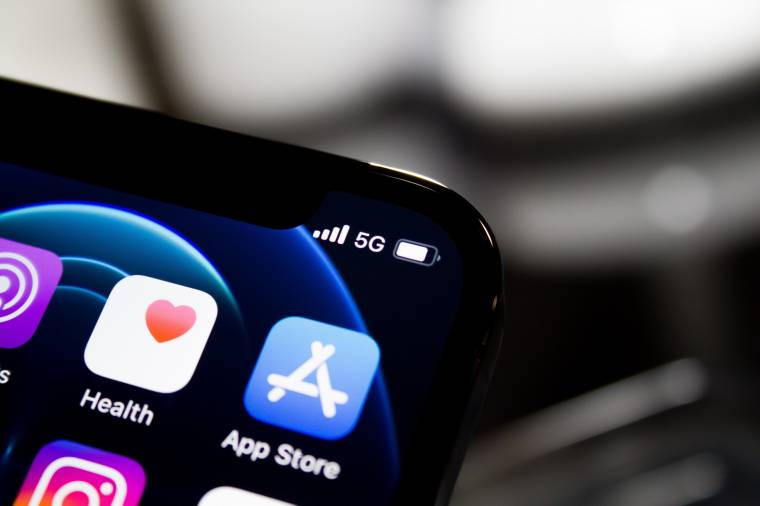In a U.S. state, they’re just going hard on Apple and Google
The topic of the 30% commission charged on app sales and in-app purchases gained more prominence last year after Epic Games declared war on Apple and Google. due to the procedure. The company has since been lobbying with other players through an organization called Coalition for App Fairness (CAF) to ensure that operators of the most popular mobile stores do not force developers to pay a commission, ie allow the use of alternative payment channels.
A milestone in their efforts could be the bill recently passed by the Arizona House of Representatives with a narrow 31-29 majority (Republican) majority. The regulation, intended to supplement the HB 2005 Act, would state that developers and users in the state should not be restricted from using a particular payment solution on platforms that generate more than one million downloads. The draft would also exempt consoles and other “Internet-related target devices” as the Xbox and PlayStation use the same commission system.
If the proposed amendment wins a majority in the later voting Senate, it could take effect with the governor’s signature, which could force Apple and Google to make serious changes. The Epic Coalition has already welcomed the outcome of the House of Representatives decision, praising Arizona as the first state to promote “ a free and fair digital market “.
Apple and Google have not officially commented on the matter, but Protocol reports that the vote was preceded by extremely intense lobbying on all sides. Apple has even joined the Arizona Chamber of Commerce to fight the bill through the board. A Republican, Regina Cobb, said they were past a difficult weekend because Apple and Google had mobilized almost every lobbyist in the state capital to win.

The two giants, of course, have very different views on the issue. They say the 30% commission is not a tribute, but a worthy tariff in exchange for giving developers access to their high-traffic platforms. Apple’s chief operating officer, Kyle Andeer, for example, testified to the House of Representatives that the situation is as if they do not allow their own cash registers to run in a store they have built.
The situation is further complicated by the Apple and Google have different approaches. While Android does not have to use the Play Store to download apps, Google uses security warnings to direct users to the official source. On iOS, on the other hand, Apple only licenses the App Store, in exchange for developers with less than $ 1 million in annual revenue, only a 15% commission has been charged since January.
Possible passage of the bill it also raises a number of unanswered questions, such as whether it is unclear whether developers outside Arizona can use alternative payment channels if local residents buy from them. However, one of the most active members of the Coalition for App Fairness, Basecamp, does not leave it to chance, and the head of the company has already announced that he will explore the possibility of moving to Arizona with their attorneys.
However, this is not the only state similar regulations are unfolding: Georgia, Hawaii and Minnesota are all debating the “liberalization” of digital stores. Previously, North Dakota had also followed this path, but in the end, the motion did not pass there. In any case, the line testifies to the effective lobbying of the Epic camp, which makes it far from inconceivable that Apple and Google will be forced to compromise in the long run.
Are you more interested in IT? You can find our news and analyzes for IT and infocommunication decision makers here
The post In a U.S. state, they’re just going hard on Apple and Google appeared first on World Weekly News.
